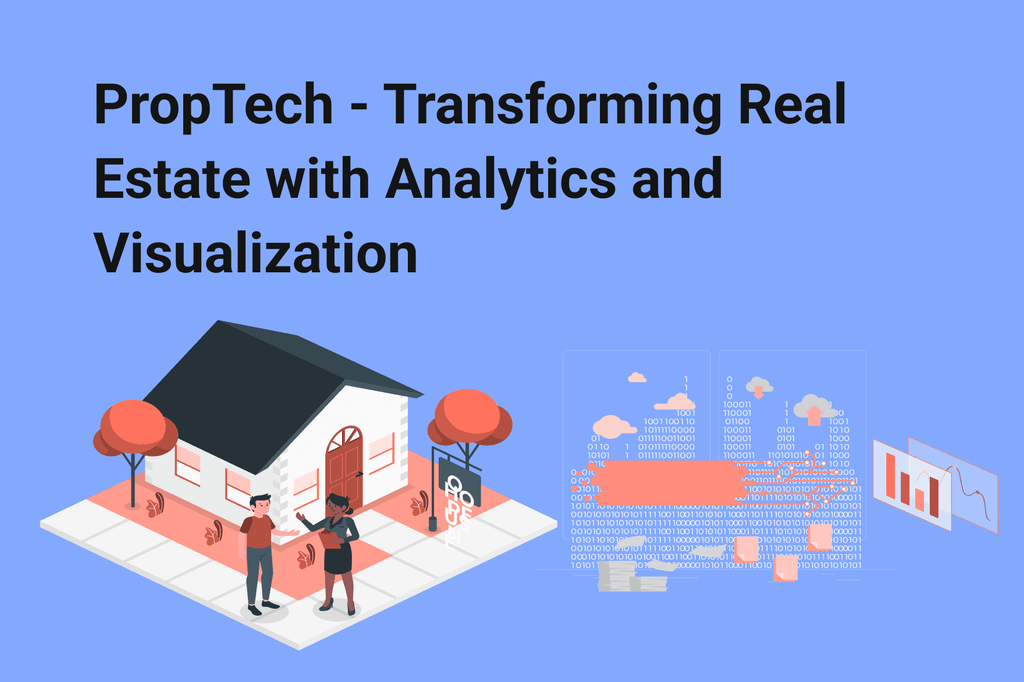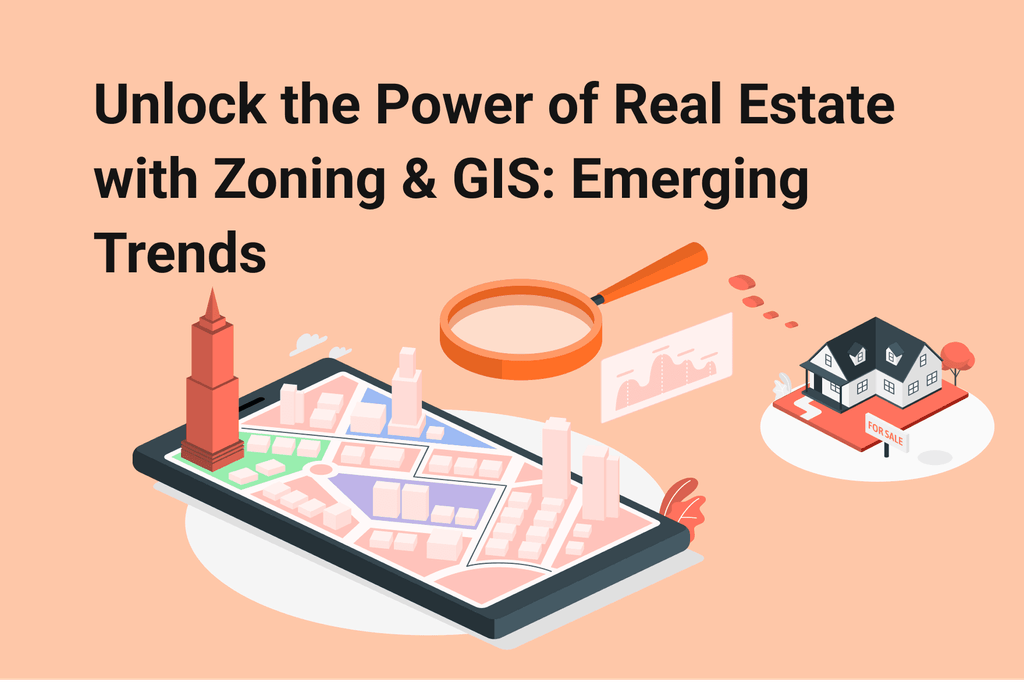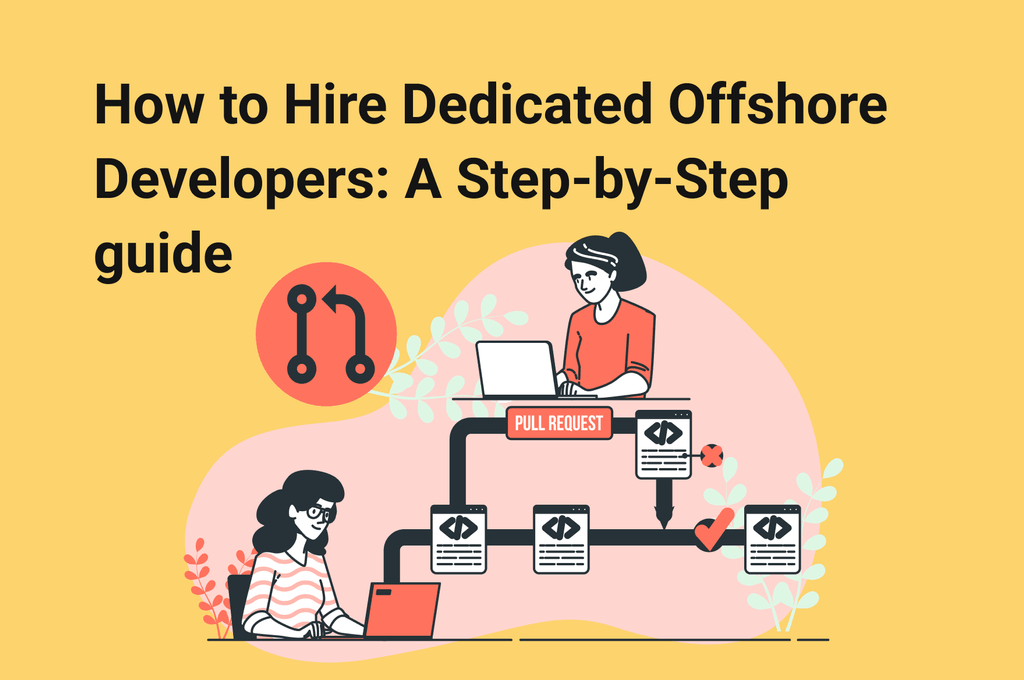
Don’t know where to start?
We will advise you on the best way to realize your idea, leveraging our expertise
FAQ
What are the advantages of adopting cloud technology in rental property management?
Adopting cloud technology in rental property management offers several key advantages. Firstly, it provides unlimited accessibility to applications and services for employees and clients, allowing them to use the software from anywhere with an internet connection. This is especially valuable for property management agents who often work "in the field." Cloud technology also ensures scalability, automatically allocating computing power as needed, eliminating the need for costly hardware upgrades. Additionally, cloud providers handle data security, compliance, and maintenance, freeing up the IT staff to focus on other critical tasks. Finally, cloud-based solutions offer cost-efficiency by eliminating the need for on-premise server investments and providing access to advanced tools like artificial intelligence and big data analytics.
Are there any challenges to consider when adopting cloud technology for rental property management?
Yes, there are challenges that companies may face when adopting cloud technology for rental property management. One challenge is the potential for increased cloud costs as the network infrastructure becomes more complicated. To optimize cloud resource usage, additional auditing services may be needed. Another challenge is vendor lock-in, where relying on a specific cloud provider limits access to advanced cloud developments from other providers. Proper planning is crucial to avoid data loss during migration and ensure that the process is optimized. Finally, employee readiness and training are important to minimize the risk of misusing cloud services.
Can you provide examples of successful cloud-based property management software?
Yes, there are several successful cloud-based property management software examples. One such example is the TurboTenant cloud-based property management software, which is used by more than 400,000 landlords and offers ubiquitous accessibility for employees and clients. Another example is Jotform, a GDPR and PCI-compliant cloud-based software that covers a wide range of tasks, including rental property management. Additionally, Nest, a well-known company in the real estate sector, benefits from IoT technologies after launching a cloud-based property management software for remote control of real estate life support systems, leading to cost savings on tenant cloud payments.
Table of contents:
Want to estimate your app idea?




